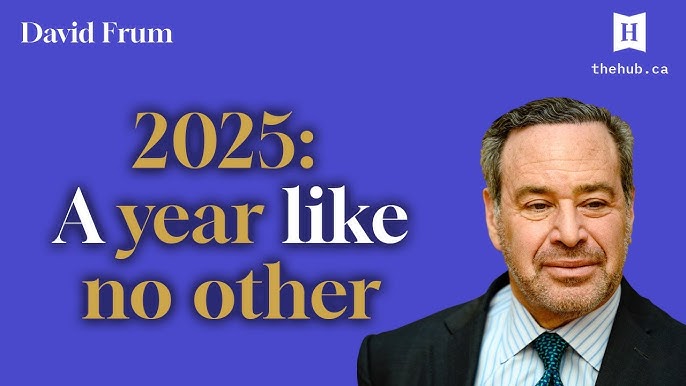Over the next half decade, versions of the Oklahoma law would spread. Today, 12 other states allow virtually anyone to carry their weapon in their vehicle onto other people’s property. The property owner is forbidden to object or forbid. Eleven more states override the property rights of parking-lot owners a little less drastically. In those states, only concealed-carry permit holders may take their guns into parking lots. Altogether, in almost half the states in the country, gun rights now trump property rights to a greater or lesser degree.
Read: A constitutional case for gun control
I tell this story as background to the sudden eruption of conservative outrage about the prospect of “vaccine passports”: the idea that businesses might demand proof of COVID-19 vaccination from potential customers. Florida Governor Ron DeSantis has vowed to ban the practice in his state, if he can, and his rejection has been passionately echoed by other right-of-center commentators and politicians.
Whether vaccine passports ever will exist remains highly uncertain. A lot of questions remain about the technology required—and about whether the concept makes any business sense. The United States could well reach herd immunity faster than any reliable vaccination certificate can be created. No business feels the need for certificates against tuberculosis or other once fiercely infectious diseases, because the diseases have ceased to be prevalent enough to justify the trouble.
For now, then, the discussion about vaccine passports remains theoretical—which makes the discussion all the more impassioned and embittered. DeSantis and others are loudly advertising that with COVID-19, as with guns, their version of freedom puts greater priority on right-wing cultural folkways than on rights of property and ownership.
So it is with technology platforms too. Just as gun carriers have used state power to redistribute control of parking lots from the property owner to themselves, so do many conservatives seek to use federal power to redistribute control of the big social-media companies to their own benefit. The companies will still own the platforms, sort of—but many conservatives now want the government to write the rules about what is allowed on those platforms.
With both guns and social media, Florida has been unusually noisy about upholding folkways over ownership rights. The Florida version of the parking-lot law—signed by then–Governor Charlie Crist in 2008—forbids employers even to inquire whether an employee has left a gun in a car on a company parking lot. In February, DeSantis sought to assert the state of Florida’s right to determine who would be allowed to use social-media platforms and how they might use them, by threatening fines and other penalties against companies that deplatformed people whom the state did not want to see deplatformed.
Florida’s noise is usually more distracting than it is enforceable. Florida’s “Guns everywhere!” mentality comes with a giant, Disney-size exception: A business can ban guns from its parking lots if it uses fireworks on the premises, as of course Disney World and other theme parks do. Florida also compensates employers for the risk its “Guns everywhere!” policy creates by eliminating their liability for injuries inflicted by firearms driven onto their property.
The tech platforms that DeSantis denounced do not answer to state governments at all, as the governor knows perfectly well. His proposed “Transparency in Technology” bill is legal vaporware—a press release, not a law.
With COVID-19, too, it’s doubtful how hard DeSantis truly intends to fight business interests. The Miami Heat NBA franchise announced that beginning April 1, special sections of American Airlines Arena will be open only to fully vaccinated attendees. Social-distancing rules will be relaxed in these sections. DeSantis is not stopping that. And if DeSantis will not force the Heat to drop its rules, how much less likely is he to battle mighty Disney if it decides that a vaccination policy will speed the recovery of its business?
But the point is not to win the fight, or even really to fight the fight. The point is to announce the fight, and to keep raging about it, even if you do not in fact fight it very hard. DeSantis surely does not agree with those Republicans who dismiss COVID-19 as a hoax, the COVID-19 vaccines as a menace, and vaccine certificates as the mark of the anti-Christ. He has repeatedly said that he will take the vaccine when it’s his turn. But he must reckon with a party in which anti-vaccination has joined pro-gun as an indispensable cultural marker—and as a potential veto bloc for anyone aspiring to a future Republican presidential nomination.
To appease those cultural blocs, Republican politicians must be willing to sacrifice everything, including what used to be the party’s foundational principles. To protect the gun, or to avoid contradicting the delusions of anti-vaccine paranoiacs, property rights must give way, freedom to operate a business must yield. The QAnon-curious Representative Marjorie Taylor Greene expressed the new mentality when she took to Facebook to denounce vaccine passports as “corporate communism.” It sounded crazy. But if you understand that she interprets communism to mean “any interference in the right of people like me to do whatever we want, regardless of the rights of others”—then, yeah, the property rights of corporations will indeed look to her like a force of communism.
A sizable minority of Americans want to use airplanes belonging to others, theme parks belonging to others, sports stadiums belonging to others—without concession to the health of others or the property rights of owners. With guns, with COVID-19, with tech, the new post-Trump message from the post-Trump GOP is: Private property is socialism; state expropriation is freedom. It’s a strange doctrine for a party supposedly committed to liberty and the Constitution, but here we are.







